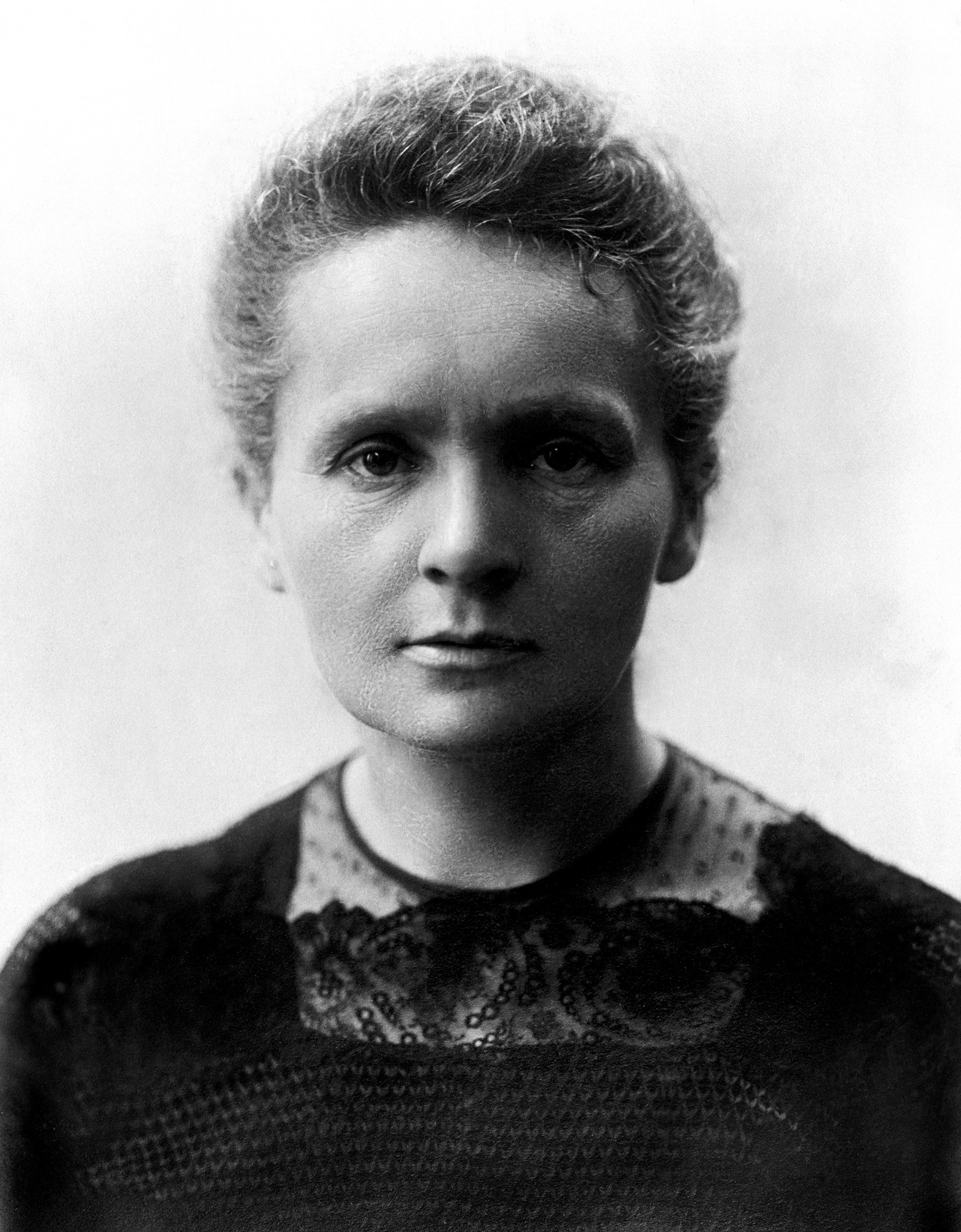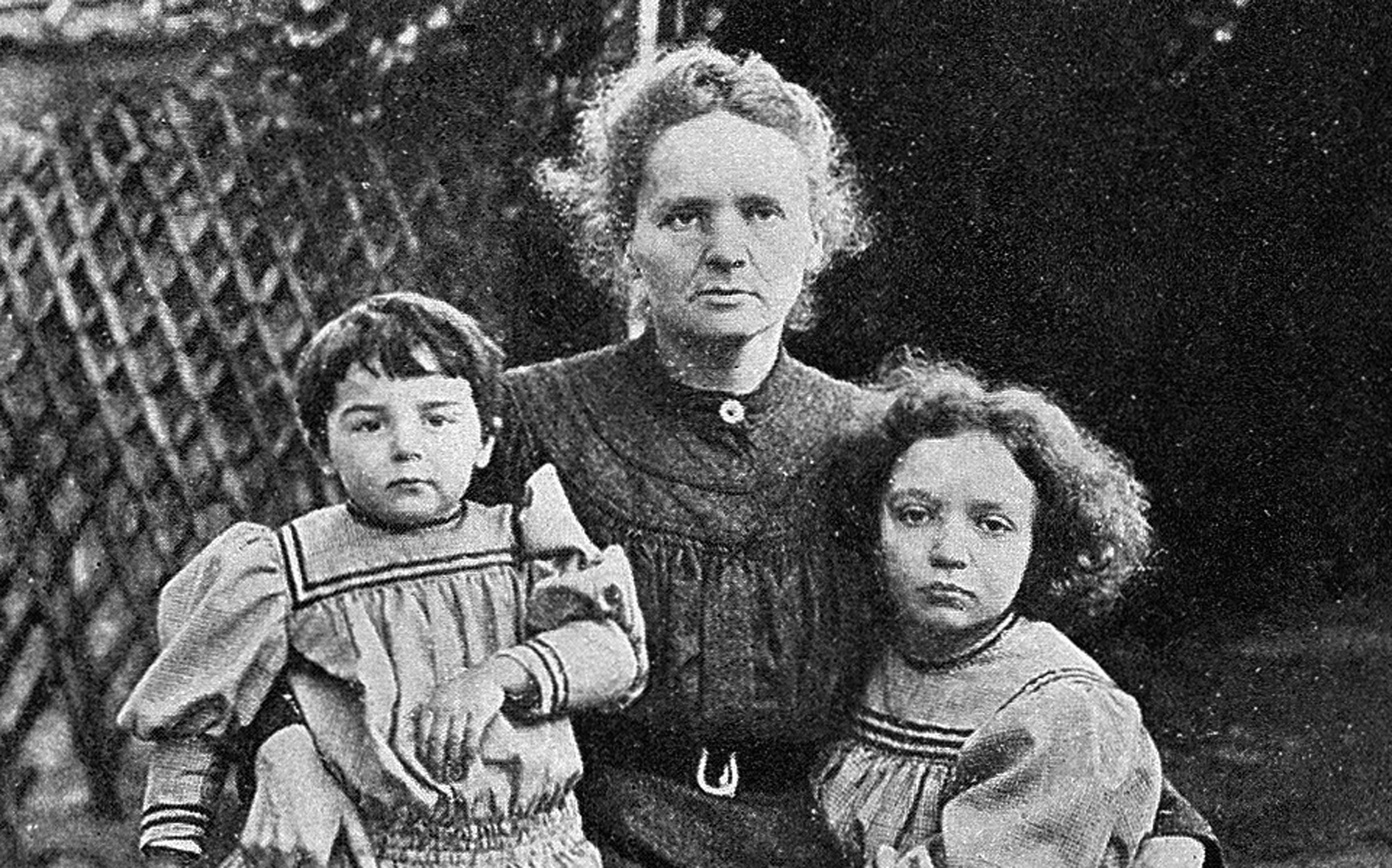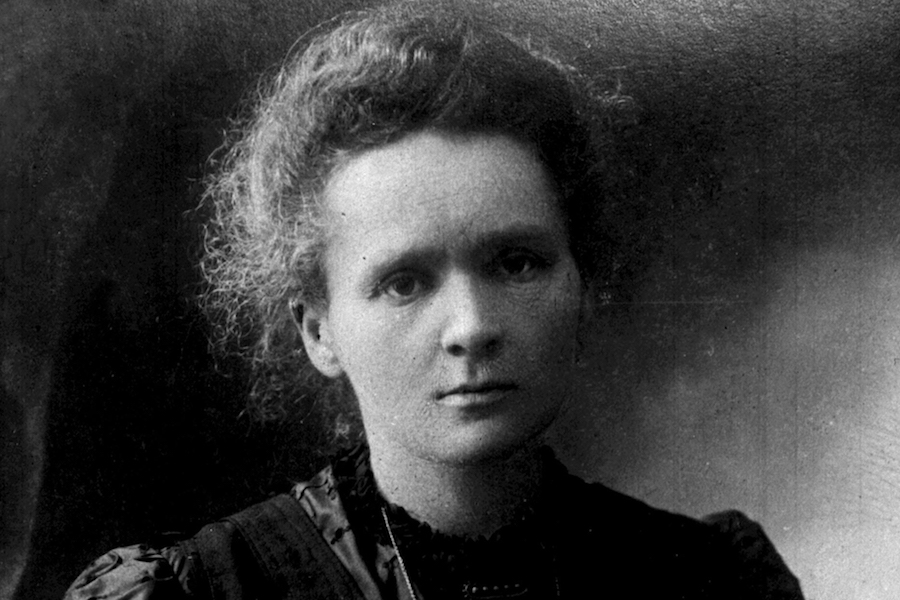10 things you need to know about Marie Curie
Today is the 150th anniversary of the birth of Marie Curie, the French-Polish physicist who changed the world with her scientific discoveries.
Here are 10 things you need to know about the two-time Nobel Prize winner, whose groundbreaking work on radioactivity made her one of the most famous scientists of all time.
1. She was born Maria Sklodowska on November 7 1867 in Warsaw, Poland. She met her scientist husband, Pierre Curie, in Paris in 1894, and they married a year later. It was around this time that she adopted the French spelling of her name – Marie.
2. In 1903, she shared the Nobel Prize for Physics with French physicist Henri Becquerel and her husband for their work on radioactivity. Her name was initially left off the winners’ list but Pierre insisted she be included. She thus became the first woman to win a Nobel Prize.
Happy 150th birthday to Marie Curie, née Sklodowska, the first person to be awarded the Nobel Prize twice! pic.twitter.com/sIXIyKkqhj
— The Nobel Prize (@NobelPrize) November 7, 2017
3. Becquerel inspired the Curies to investigate radioactivity after its discovery in 1896. They examined a mineral called pitchblende and eventually found two radioactive elements – radium and polonium. Curie named polonium after her home country.
4. Curie’s life was struck by tragedy in 1906 when Pierre was killed in a carriage accident. She went on to succeed him as a professor at the Sorbonne in Paris and devoted herself to continue the work they had begun together.
5. In 1911, she was awarded the Chemistry Prize – becoming the first person to win two Nobels.

Curie discovered two radioactive elements with her husband (PA)
6. Curie’s daughter, Irene Joliot-Curie, also won the Nobel Prize in Chemistry, jointly with her husband, Frederic Joliot-Curie, in 1935. They are the only mother-daughter pair to have won Nobel Prizes.
7. During the First World War, Curie worked to develop small, mobile X-ray units that could be used to diagnose injuries near the battlefront. The first machines were known as Petits Curies.
8. Curie was keen to continue her work after the war. In 1929, US President Herbert Hoover presented Curie with a gift of 50,000 US dollars, donated by American friends of science, to purchase radium for use in the laboratory in Warsaw.

Curie with her daughters Eve and Irene
9. She died on July 4 1934 from leukaemia, believed to have been caused by exposure to radiation from her research.
10. Curie’s 150th birthday – 7/11/17 – is a palindrome date.
With input from health charity mariecurie.org.uk. Curie’s work continues to inspire the charity’s mission to support people living with any terminal illness, including cancer.
The Press Association
Latest posts by The Press Association (see all)
- 5 surprising things you can clean in the washing machine - January 9, 2025
- Prince William posted a heartfelt birthday message to ‘most incredible wife and mother’ - January 9, 2025
- Birthday wishes for Catherine from royal family as the Princess of Wales turns 43 - January 9, 2025
- Maple Cinnamon Granola - January 8, 2025
- 8 things your feet can tell you about your health - January 8, 2025





















